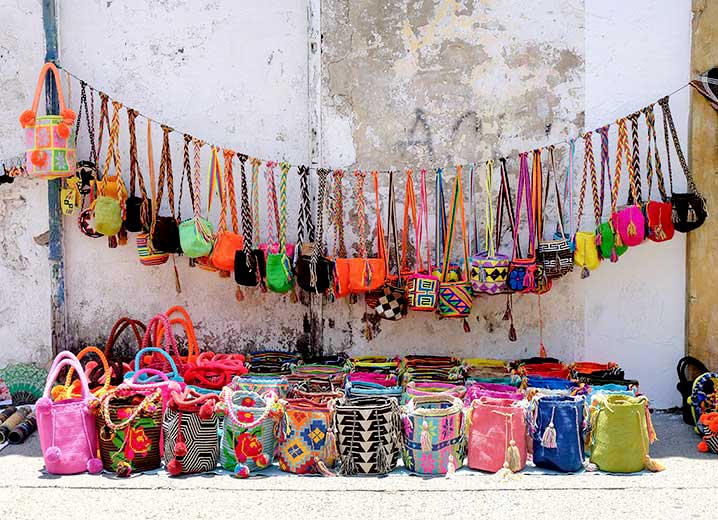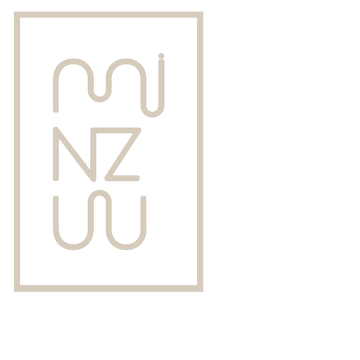Wayuu women have become today's world-renowned master weavers. Their mochila, a type of shoulder bag decorated with vibrant one-of-a-kind patterns, hangs comfortably thanks to its sturdy belt straps and displays character with its chunky pom-poms, is catching the eyes of fashionistas across the world. A mochila bag can take up to one month to complete by its maker, using the weaving and crocheting techniques that have been passed down from mothers to daughters for hundreds of years.
The Wayuu are an indigenous ethnic group inhabiting La Guajira Peninsula in northern Colombia and northwestern Venezuela. A semi-nomadic society in the past, the Wayuu lifestyle revolved around herding, hunting, and fishing. Today, seasonal migration within their territory still takes place whenever a drought hits the land. Without plentiful material goods, the Wayuu prized their livestock, jewelry, and textiles as the most valuable possessions.


To the Wayuu, weaving is a symbol of wisdom. It begins when a Wayuu girl goes from being a child to a woman. After her first menstruation, the girl begins 'blanqueo', a rite of passage during which her mother and grandmother teach her everything about being a woman, including the art of weaving and crocheting. A Wayuu woman continues to refine her crochet skills throughout her life.



And many of them are blessed with this incredible talent of creating visually striking patterns, which tell the stories unique to their makers through colors and shapes. "They are not just a bag, but a reflection of deeply rooted traditions and values."


There are plenty of Wayuu bags available on the Internet. What we are proud to offer, however, is this home collection created by Ximena Rozo Design. Handwoven from the softest alpaca by artisans in Bogota, Colombia, complemented by intriguing braids and tassels handcrafted by Wayuu women, the collection help foster economic and social development for the indigenous Latin American communities.


